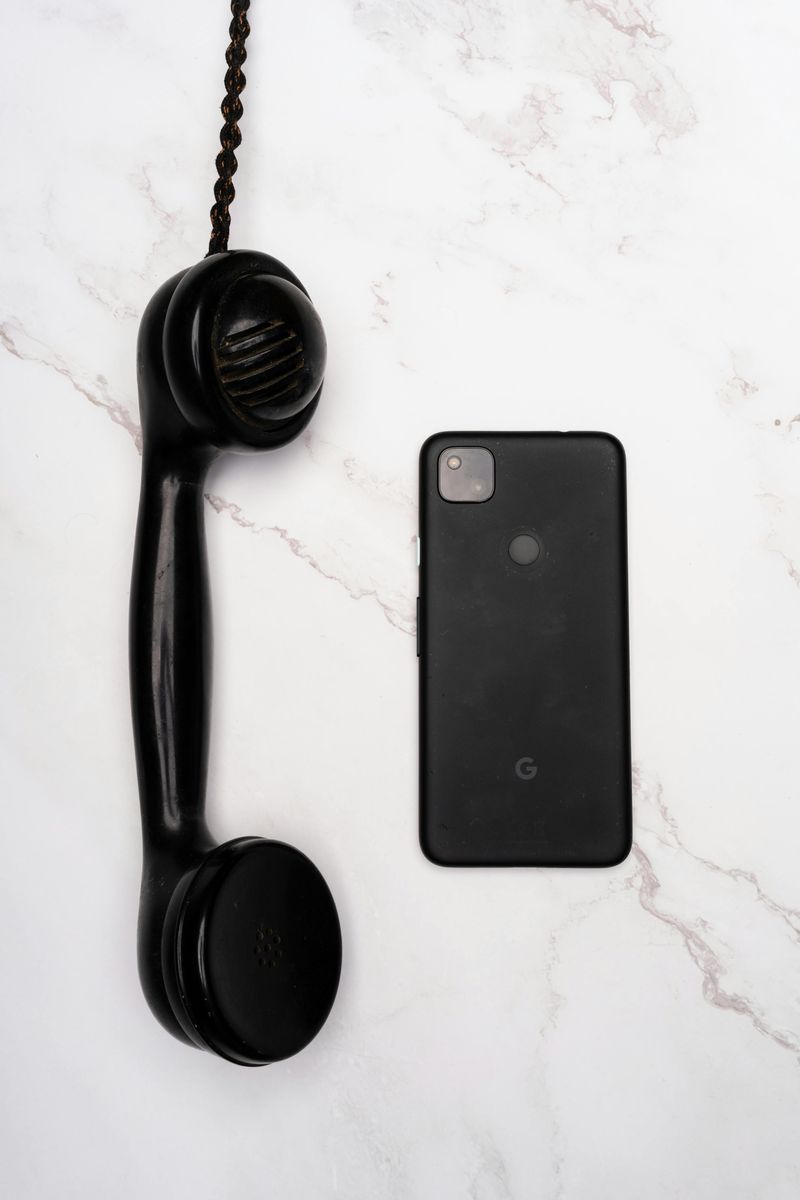What Is ‘Throning’? Gen Z’s Latest Weird Dating Trend Explained

Love in the digital age isn’t what it used to be. Between the filtered photos, curated feeds, and viral couple goals, romance has become part performance, part connection. The latest trend to emerge from this confusing mix? “Throning.” It’s not about fairy tales or loyalty—it’s about status, power, and the illusion of the perfect relationship.
1. Definition of ‘Throning’

The term might sound regal, but there’s nothing noble about it. “Throning” describes dating someone primarily to elevate one’s own image—choosing a partner because they’re seen as influential, attractive, or admired, not because of emotional chemistry.
Instead of looking for connection, people find themselves chasing visibility. A relationship becomes a social asset, like a shiny accessory for your public persona. When your partner’s popularity boosts your own, affection turns into a marketing move.
It’s love, reimagined for the era of personal branding. While the act may seem harmless, it strips relationships of authenticity. Partners become props in each other’s highlight reels—admired on-screen, but possibly empty behind closed doors.
2. Why It’s Become More Visible Now

The rise of throning isn’t surprising when every date, outfit, and dinner is potential content. Social media platforms reward aesthetics and status. The more enviable your relationship looks, the more attention it draws.
Modern dating has turned into an algorithm-driven game. Gen Z, fluent in the language of likes and shares, often equates attention with affection. It’s easy to confuse admiration for connection when followers cheer on every “cute couple” post.
Dating apps add to the mix—profiles read like résumés, with people curating themselves to appear desirable. In this environment, “throning” flourishes naturally. Love becomes a transaction for visibility, and everyone’s quietly keeping score.
3. How It Relates to Older Concepts

Throughout history, people have pursued partners for status—think marrying into wealth or prestige. “Throning” is just the digital-age version, replacing family names and fortunes with followers and influence.
In older generations, status might have meant a big house or impressive career. For Gen Z, it’s about social capital: being verified, admired, and shareable. Clout replaces class, and a viral photo replaces a formal introduction.
The twist is that it’s not just conscious ambition anymore. Many people genuinely don’t realize they’re doing it. They fall for someone’s image—the curated version of them online—only to find that real connection was never part of the equation.
4. Signs You Might Be ‘Being Throned’

It’s not always obvious when throning creeps into a relationship. One clue? The focus is more on how the couple looks than how they feel.
If every moment together seems staged for the camera, or if affection spikes only when others are watching, that’s a red flag. The relationship might feel like a performance, where one person plays the supporting role in another’s story.
On the flip side, if someone constantly praises a partner’s popularity or posts about them to seem “couple goals,” they might be throning without realizing it. It’s not love rooted in connection—it’s admiration dressed up as romance.
5. Why It Matters Financially

Status-driven dating doesn’t just cost emotionally—it can drain your wallet too. People in “throning” relationships often overspend to maintain appearances that match their partner’s lifestyle or audience.
Expensive dinners, lavish gifts, or photogenic vacations become “content investments.” It’s a slippery slope from romantic gestures to financial strain, all in the name of keeping up with an image.
The irony is that authentic relationships often save money because they’re built on shared values, not spectacle. Love that’s genuine doesn’t need props—or pricey filters—to feel real.
6. How Gen Z’s Romance Culture Is Different

Unlike previous generations, Gen Z has never known a world without the internet. Their first crushes, heartbreaks, and milestones happened online, making romance inherently public.
This constant visibility changes expectations. Relationships are not just private bonds—they’re performances for friends and followers. Validation comes in the form of engagement metrics, not emotional intimacy.
For many young people, love now feels like part of a digital identity. “Throning” thrives in that world, where the perfect post can feel more rewarding than the messy, vulnerable work of real connection.
7. Emotional Risks & Downsides

What begins as admiration can easily turn into emptiness. “Throning” relationships often feel glamorous from the outside but hollow on the inside.
When affection is replaced by ambition, emotional needs go unmet. The person being used for status may feel objectified, while the one doing the throning may never find true fulfillment. Both lose in the end.
Over time, it chips away at self-esteem. Love becomes conditional on image, and once the spotlight fades, so does the affection. It’s a harsh reminder that validation can’t replace vulnerability.
8. How Social Media Encourages Throning

Platforms like Instagram and TikTok reward the visual spectacle of romance. The happier and more beautiful a relationship looks, the more engagement it earns.
But what’s unseen is the pressure this creates. Couples begin performing happiness instead of experiencing it. When your relationship is constantly being compared to others’, authenticity takes a backseat to aesthetics.
In this environment, “throning” becomes inevitable. Social media turns love into a marketing campaign, where affection competes for attention—and sincerity rarely goes viral.
9. Budgeting & Self-Worth: How the Two Link

It’s easy to confuse financial stability with personal worth in today’s culture of comparison. “Throning” amplifies that confusion by equating love with lifestyle.
When someone feels they need to “look the part” to be desirable, overspending follows. Designer dates, curated gifts, and image maintenance become emotional armor.
True confidence—and true love—doesn’t come from the balance in your bank account or your feed. It’s built through emotional investment, not financial flexing. The best budget advice? Stop spending money to feel loved.
10. Alternatives to Throning—What Healthy Looks Like

Not all modern dating is doomed. Healthy relationships still exist; they just look different from the ones trending online.
Real love doesn’t need an audience. It grows in quiet moments—mutual support, shared laughter, and vulnerability. These connections aren’t built for clout but for comfort.
Choosing authenticity means dating someone who values character over content. When both partners care more about each other’s hearts than hashtags, romance feels refreshing again.
11. Practical Tips for Recognizing & Avoiding It

Awareness is the best protection. Ask yourself whether the connection feels mutual—or if you’re being valued for how you make someone look.
Pay attention to how your partner behaves when no one’s watching. If affection disappears offline, the relationship might be more about image than intimacy.
Setting boundaries helps too. Limit performative posting, focus on private connection, and be honest about motivations. Genuine relationships don’t need followers to feel fulfilling.
12. Economic / Sociological Context

Dating has always mirrored the economy. When opportunities feel scarce, people seek partners who symbolize upward mobility.
Today, that mobility isn’t just financial—it’s social. With digital visibility acting as a new form of currency, “throning” fits neatly into a world where personal branding drives success.
Sociologists suggest this trend reflects broader insecurities: rising costs of living, uncertain careers, and the pressure to appear successful. In that context, dating for clout feels like a survival tactic—but it rarely leads to lasting happiness.
13. Generational Comparison

Older generations might roll their eyes, saying “we had status-chasers too.” They’re not wrong, but the scale and speed have changed dramatically.
Before, social climbing through relationships took years. Now it happens overnight—one viral post can transform a couple into influencers. The visibility makes it both easier and emptier.
Unlike their parents, Gen Z’s romantic lives unfold publicly. The emotional stakes are higher because the audience is always watching. “Throning” is simply love reshaped by constant exposure.
14. Why Romance Might Feel “Ruined” (or at Least Changed) for Gen Z

Many young people aren’t cynical—they’re just exhausted. Dating feels less like finding “the one” and more like maintaining a brand.
With so much pressure to curate perfection, vulnerability feels risky. People are scared to show flaws or settle for ordinary love, fearing it won’t look good online.
But maybe romance isn’t ruined—just redefined. As Gen Z grows more self-aware, they’re beginning to question performative trends like throning. Perhaps the next big thing won’t be another label, but a quiet return to authenticity.

Comments
Loading…